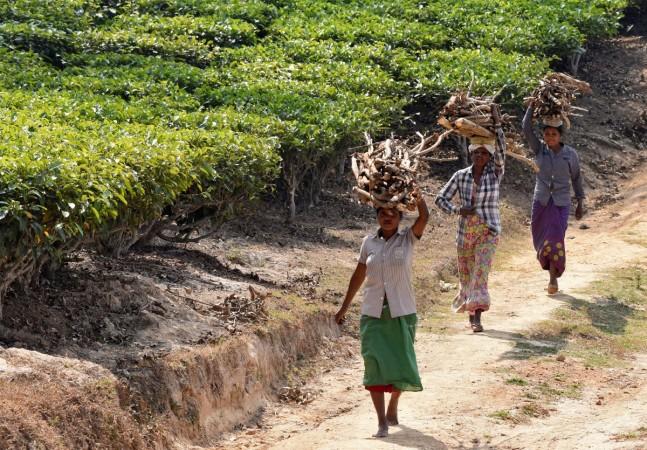
While the world prepares to bid farewell to 2017 and welcome the New Year on the midnight of December 31, several residents of Assam await a decision that could change their lives forever – in good ways and bad. It is on this day that hundreds of residents of the state will learn their fate on whether they are Indian citizens or not.
After a long struggle of identifying the illegal migrants in the state, the National Registrar of Citizens (NRC) will publish the names of Indians in Assam, whose citizenship has been verified through their relation to their ancestors.
All the verification process has been carried out under the supervision of the Supreme Court and is a per the Assam Accord of 1985, under which people who entered the country until the midnight of March 24, 1971, will be considered as Indian citizens, reported the Times of India.
The NRC report is not only expected to clear out the issue of migrants in Assam, but it also likely to bring better days, especially for the Bengali-speaking Muslims in the state, who are often called Bangadeshis and considered foreigners or outsiders. Speaking of this change, Abul Kalam Azad, a researcher with Tata Institute of Social Studies, told TOI: "It is going to change how the rest of Assam looks at us."
The residents are also pleased with the apex's court decision to make panchayat certificates valid for women when it comes to proving their ancestry. "Our girls do not go to schools, aren't born in hospitals, and are married off early. So they have neither a school nor birth certificate to show their legacy linkage," Azad added.
However, this is not the case with everyone as there are several residents who have not been able to prove their ancestry and hence may end up being considered illegal migrants. And the number of those who have not been able to provide documents has been pegged at 47 lakh.
Discussing the ordeal and how the new year may prove to be a nightmare, rickshaw puller Samsul Haque explained that he has no proof to show his ancestry. "The NRC officials have been visiting my home for re-verification. I have not been able to provide any document to show my relationship with my father."
But people like Haque still have a glimmer of hope as officials have said that genuine cases regarding these missing documents will be heard. "There are cases where persons have not been able to establish their linkages with their parents or ancestors. There are bona fide reasons and we will be hearing each case individually. Mala fide cases won't get into the list," NRC state coordinator Prateek Hajela told the daily.
The northeastern state of Assam has been dogged by issues of illegal migrants and dicey documents for a while now with the Assamese Hindu majority said to be worried about their position considering the state also is home to the Bengali Muslim minority.
Post this conflict, the Supreme Court had asked the NRC to file a report by December 31, with an updated list of documented Indians in the state. While the list may clear out a lot of confusion, activists have noted that the system isn't flawless.
Earlier, CPI (M) General Secretary Sitaram Yechury had noted that if not done properly, this verification process could cause a rift among the people of the state. "The question of citizenship register or NRC was an issue on which the Supreme Court has given very definite guidelines. This is something that has to be adhered very scrupulously and there cannot be any deviation from these guidelines," the Hindu had quoted him as saying.














